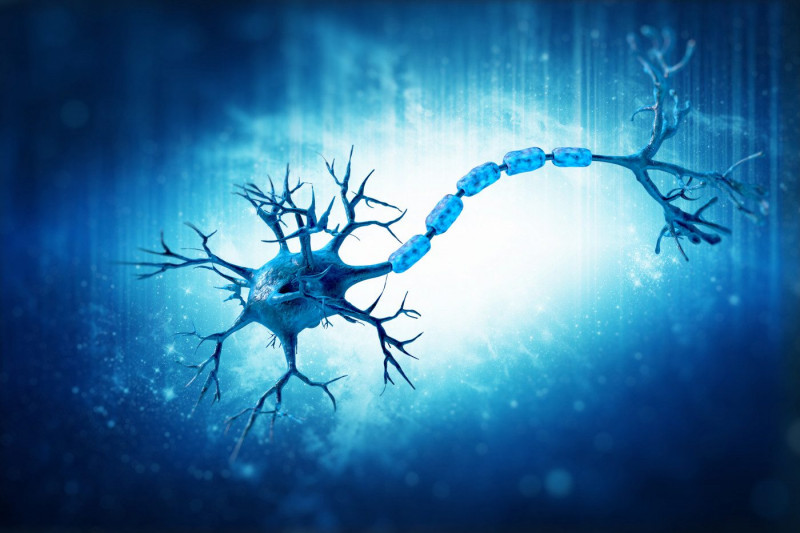MPZ Deficiency Mutations Linked to Milder Neuropathy in CMT1B

vitstudio/Shutterstock
Mild sensory neuropathy was found in a group of Charcot-Marie-Tooth disease type 1 subtype B (CMT1B) patients with myelin protein zero (MPZ) gene mutations that cause insufficient levels of MPZ protein, a study shows.
These results are in line with those observed in a mouse model of MPZ deficiency. The investigators noted that the similarity in symptoms between the animal model and the patient group may enable the clinical testing of potential treatments.
“Successful therapeutic approaches in treating Mpz deficient mice may be candidates for trials in these and similar patients,” they wrote.
The study, “Loss of function MPZ mutation causes milder CMT1B neuropathy,” was published in the Journal of the Peripheral Nervous System.
CMT1B results from defective MPZ, a protein component of myelin, the protective coating that insulates nerves and helps the transmission of nerve signals. More than 200 MPZ mutations have been linked to CMT1B, many of which cause nerve damage (neuropathy), muscle weakness, and sensory impairments.
Mice with MPZ deficiency have been well-characterized, but few studies have been conducted in CMT1B patients with MPZ haploinsufficiency. That condition occurs when cells are incapable of producing sufficient levels of MPZ to function normally.
Now, researchers characterized disease features in six patients — four men and two women, from different families — with MPZ haploinsufficiency. Five of the patients had the same mutation, specifically the c.306 del; p.Asp104fs mutation.
All six patients experienced CMT1B symptom onset as adults, with the earliest at age 32. The disease symptoms were generally mild, with five patients experiencing mild neuropathy and one patient having moderate neuropathy.
Among the patients, five had difficulty balancing or unsteadiness, and all reported diminished sensation in their legs and feet. One individual also had diminished sensation in the upper limbs. One patient required the use of ambulation aids to walk, and one had impaired fine motor movements.
Neurological examination revealed that all six patients lacked deep tendon reflexes, half had mild weakness in the lower limbs, and one had weakness in the intrinsic muscles of the hand.
Analysis of nerve and muscle electrical activity found mild impairments in nerve conduction velocities, or the speed at which an electrical nerve signal is transmitted. Such impairment is suggestive of mild nerve and myelin loss and is consistent with what is observed in MPZ-deficient mice.
“Our findings suggest that haploinsufficiency of MPZ causes a neuropathy in humans but that the neuropathy is mild, predominantly sensory and presents in adulthood,” the researchers wrote, noting that “the patients’ phenotype differs from that in the mice because patients present with predominantly large fiber sensory neuropathies whereas the mice have motor greater than sensory nerve involvement.”
Despite these differences, the team believes that “these patients may serve as candidates for therapeutic approaches demonstrated to be effective in [MPZ-deficient] mice,” they wrote.






